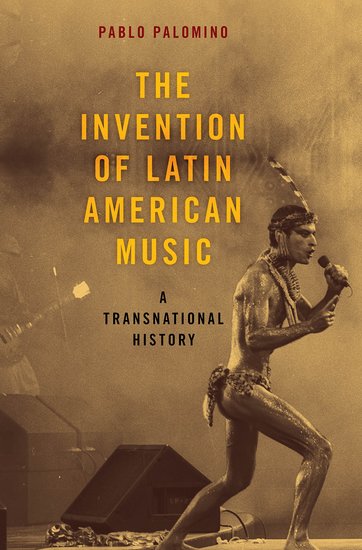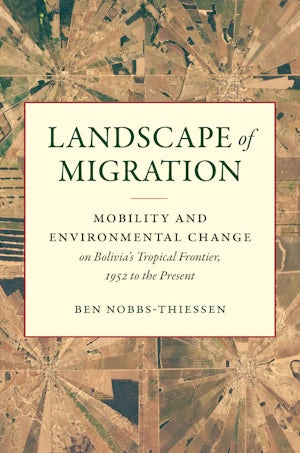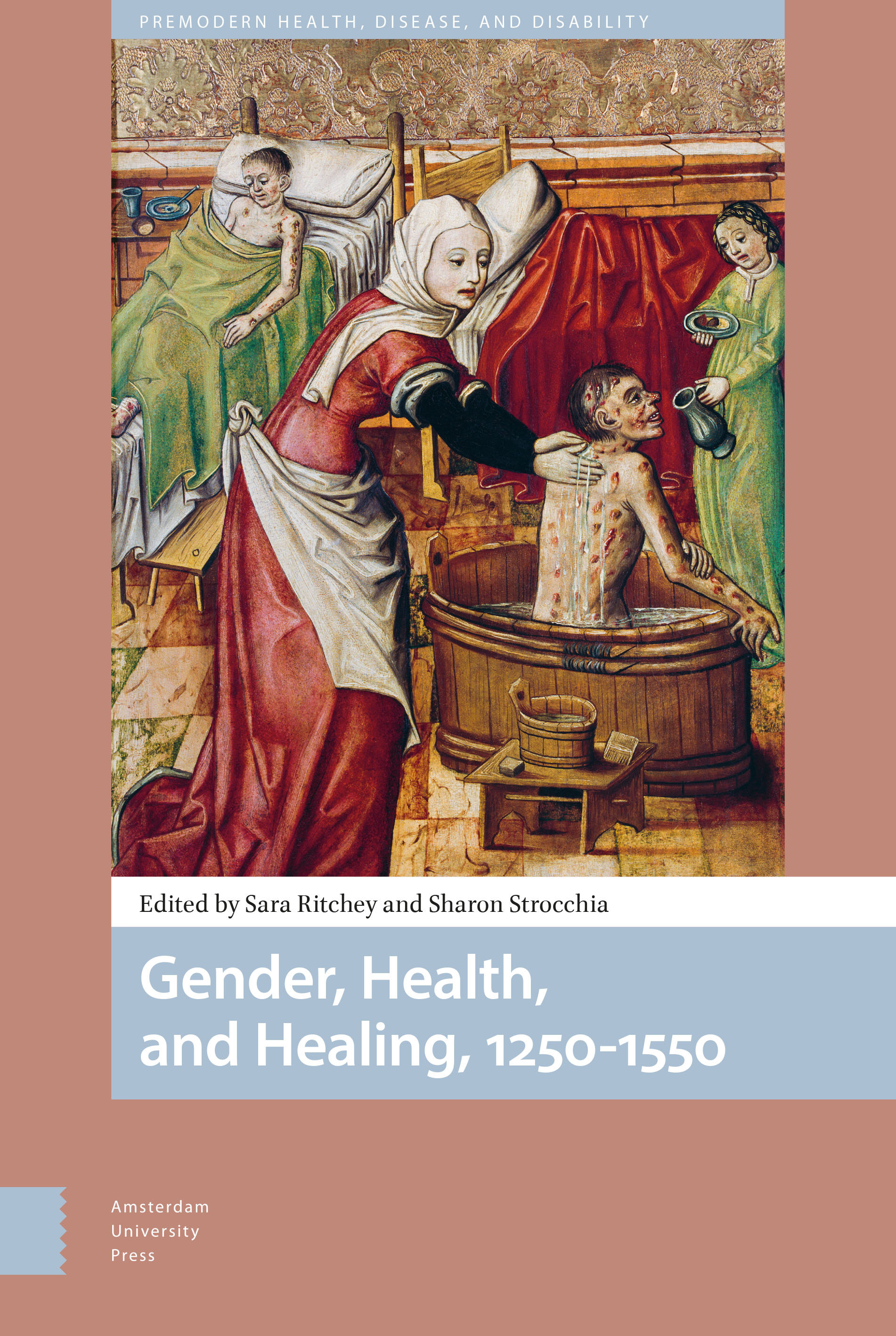Dr. Carl Suddler, Assistant Professor of History, recently joined Adam McNeil of Rutgers University to discuss his book Presumed Criminal: Black Youth and the Justice System in Postwar New York on the New Books Network podcast. Suddler published Presumed Criminal with NYU press in July 2019. Listen to the interview on the New Books Network website.
Category / Publications
Dudziak and Fellow Contributing Authors Discuss ‘World War II and the West It Wrought’ (Stanford UP, 2020) in Virtual Event

Prof. Mary L. Dudziak, Asa Griggs Candler Professor of Law, is a contributing author of the new book World War II and the West It Wrought (Stanford University Press, 2020). Dudziak recently participated in an webinar with the volume’s contributors: Mark Brilliant, Geraldo L. Cadava, Matthew Dallek, Jared Farmer, David M. Kennedy, Daniel J. Kevles, Rebecca Jo Plant, Gavin Wright, and Richard White. See the event, streamed on YouTube, below:
[youtube https://www.youtube.com/watch?v=R0NNauyK-uU]
Palomino Publishes ‘The Invention of Latin American Music’ with Oxford UP

Dr. Pablo Palomino, Assistant Professor of Latin American & Caribbean Studies and Mellon Faculty Fellow at Oxford College, has published The Invention of Latin American Music: A Transnational History with Oxford University Press. The book charts how distinct musical styles of geographically and ethnically heterogeneous regions came to fall under the single category of “Latin American Music” by the mid-twentieth century. Palomino’s transnational study captures how music was a privileged field for the construction and dissemination of Latin Americanness throughout the region and in global cultural marketplaces. Read a review of The Invention of Latin American Music from Mauricio Tenorio-Trillo, Samuel N. Harper Professor of History at The University of Chicago, below.
“‘Latin America’, Palomino shows, was never a distinctive and coherent song or symphony; it has been a contentious key to play sundry very local and very global cultural trends. Palomino provides the first and best more-than-national account of the lasting background music of the 20th century, whose Latin Americanness was neither in the non-Westernness nor in the uniqueness of its musical scores or lyrics, but in the very struggle to play notes, to sing feelings, this way today, that other way tomorrow, producing thus collective memories which, albeit never wholly Latin American, gradually fulfilled Joaquim Nabuco’s old sense of being: ‘We are but a drop of water in the ocean. Let us be cognizant that we are water droplets, but let us also be aware that we are ocean.'” — Mauricio Tenorio-Trillo, Samuel N. Harper Professor of History, The University of Chicago
Armstrong-Partida Publishes Co-Edited Volume ‘Women and Community in Medieval and Early Modern Iberia’

Congratulations to Dr. Michelle Armstrong-Partida, Associate Professor of History, on the publication of the co-edited volume Women and Community in Medieval and Early Modern Iberia (University of Nebraska Press). Armstrong-Partida’s collaborators are Alexandra Guerson (University of Toronto) and Dana Wessell Lightfoot (University of Norther British Columbia). The twelve-essay collection features groundbreaking work on the lives of women from a range of socioeconomic and religious positions in premodern Iberian societies. Elizabeth S. Cohen, Professor Emerita at York University, writes that “This well-conceived volume gathers and fruitfully juxtaposes fresh material from many sites and communities and provides an entrée into the specialized research of a rich range of scholars.” Read more about Women and Community in Medieval and Early Modern Iberia on the University of Nebraska page.
Dr. Kylie Smith Publishes ‘Talking Therapy: Knowledge and Power in American Psychiatric Nursing’

Dr. Kylie Smith, a historian at the Nell Hodgson Woodruff School of Nursing, has published Talking Therapy: Knowledge and Power in American Psychiatric Nursing with Rutgers University Press. Five years in the making, Talking Therapy traces the rise of modern psychiatric nursing in the United States from the 1920s to the 1970s. Through an analysis of the relationship between nurses and other mental health professions, with an emphasis on nursing scholarship, this book demonstrates the inherently social construction of “mental health,” and highlights the role of nurses in challenging, and complying with, modern approaches to psychiatry. After WWII, heightened cultural and political emphasis on mental health for social stability enabled the development of psychiatric nursing as a distinct knowledge project through which nurses aimed to transform institutional approaches to patient care, and to contribute to health and social science beyond the bedside. Nurses now take for granted the ideas that underpin their relationships with patients, but this book demonstrates that these were ideas not easily won, and that nurses in the past fought hard to make mental health nursing what it is today.
Yannakakis and Premo Discuss Law, its Spaces, and its Practitioners in Colonial Mexico and Peru
Dr. Yanna Yannakakis, Associate Professor of History, recently published a conversation about law in colonial Latin America with Dr. Bianca Premo, Professor of History at Florida International University. Their piece is published as a part of the History and the Law Project within the Exchanges of Economic, Legal and Political Ideas Programme. The conversation includes discussion of Yannakakis’s digital project, “Power of Attorney,” which we featured in 2018: “Recent Faculty Publications: Q & A with Yanna Yannakakis about ‘Power of Attorney.’”
Read the piece by Yannakakis and Premo here: “On not going to court in colonial Spanish America: A conversation between Bianca Premo and Yanna Yannakakis.”

Ben Nobbs-Thiessen (PhD, 16) Publishes ‘Landscapes of Migration’ with UNC Press

Congratulations to PhD alumnus Ben Nobbs-Thiessen on the publication of his first monograph – Landscapes of Migration: Mobility and Environmental Change on Bolivia’s Tropical Frontier, 1952 to the Present – with UNC Press. Nobbs-Thiessen is currently a postdoctoral fellow at Washington State University. Dr. Jeffrey Lesser advised Nobbs-Thiessen’s 2016 dissertation, “The Cultivated State, Migrants and the Transformation of the Bolivian Lowlands, 1952-2000.” Read a blurb about the book below and see more on the UNC Press website.
In the wake of a 1952 revolution, leaders of Bolivia’s National Revolutionary Movement (MNR) embarked on a program of internal colonization known as the “March to the East.” In an impoverished country dependent on highland mining, the MNR sought to convert the nation’s vast “undeveloped” Amazonian frontier into farmland, hoping to achieve food security, territorial integrity, and demographic balance. To do so, they encouraged hundreds of thousands of Indigenous Bolivians to relocate from the “overcrowded” Andes to the tropical lowlands, but also welcomed surprising transnational migrant streams, including horse-and-buggy Mennonites from Mexico and displaced Okinawans from across the Pacific.
Amsterdam UP Releases ‘Gender, Health, and Healing, 1250-1550,’ Co-Edited by Sharon T. Strocchia

Dr. Sharon T. Strocchia, Professor of History, co-edited a newly-published volume of essays with Dr. Sara Ritchey, Associate Professor at the University of Tennessee. Titled Gender, Health, and Healing, 1250-1550, the collection’s 13 essays offer new understandings about women healers and bodywork in societies of the later medieval and Renaissance eras, a formative period in the history of healthcare and medicine. Read the full blurb from Amsterdam University Press below and find more information at Gender, Health, and Healing, 1250-1550 (Amsterdam University Press, 2020).
This path-breaking collection offers an integrative model for understanding health and healing in Europe and the Mediterranean from 1250 to 1550. By foregrounding gender as an organizing principle of healthcare, the contributors challenge traditional binaries that ahistorically separate care from cure, medicine from religion, and domestic healing from fee-for-service medical exchanges. The essays collected here illuminate previously hidden and undervalued forms of healthcare and varieties of body knowledge produced and transmitted outside the traditional settings of university, guild, and academy. They draw on non-traditional sources — vernacular regimens, oral communications, religious and legal sources, images and objects — to reveal additional locations for producing body knowledge in households, religious communities, hospices, and public markets. Emphasizing cross-confessional and multilinguistic exchange, the essays also reveal the multiple pathways for knowledge transfer in these centuries. Gender, Health, and Healing, 1250-1550 provides a synoptic view of how gender and cross-cultural exchange shaped medical theory and practice in later medieval and Renaissance societies.
Harvard UP Publishes Q&A with Sharon T. Strocchia about “Forgotten Healers”
Harvard University Press recently published a Q&A with Dr. Sharon T. Strocchia, Professor of History, about her newest book, Forgotten Healers: Women and the Pursuit of Health in Late Renaissance Italy (Harvard UP, 2019). The exchange, which was published as part of Women’s History Month, outlines the major themes and historiographic contributions of Strocchia’s monograph. Read the piece on the Harvard UP Blog: “Q&A with Sharon Strocchia.”
Rogers and Manuel Publish Op-Ed in ‘The Brazilian Report’
Thomas D. Rogers, Arthur Blank/NEH Chair in the Humanities and Humanistic Social Sciences and Associate Professor of History, recently published an opinion editorial with his collaborator Jeffrey T. Manuel in The Brazilian Report. The piece, titled “U.S. ethanol industry should take a leaf out of São Paulo’s book,” explores how ethanol policy and programs in São Paulo, Brazil, could inform energy administration in the United States. Rogers and Manuel are writing a transnational study of ethanol policy in Brazil and the U.S. Read the full article (paywall protected): “U.S. ethanol industry should take a leaf out of São Paulo’s book.”